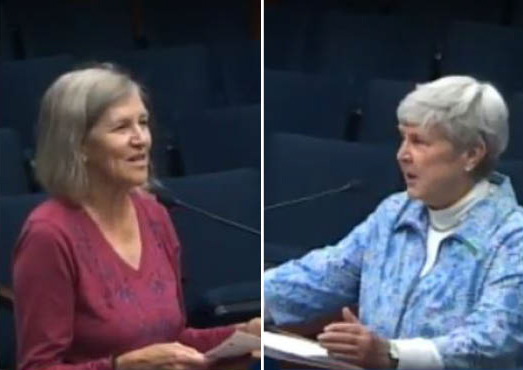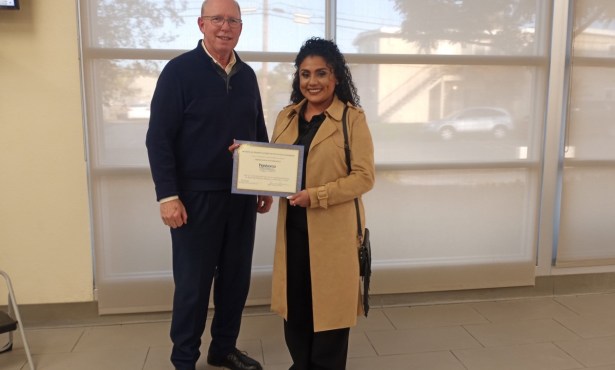Supes Fund Libraries Shortfall with Cannabis Money
Short Gap of $68,000 Filled Without Much Complaint

The $6.5 million the County of Santa Barbara has collected in cannabis tax revenues this first fiscal year, a far cry from the bright-eyed $25 million of early estimates, is being tapped to pay for libraries, a use Supervisor Steve Lavagnino said Tuesday morning was well within the meaning of “general governmental programs” for the use of the taxes.
That the revenue was available made a difference in Tuesday’s debate compared to the battles for library money in recent years. So did the relatively small shortfall, as serious funding from the libraries’ cities as well as from their respective Friends of the Library was also forthcoming, except for Montecito, which with the libraries in Orcutt and Vandenberg Village needed another $68,500 to keep the doors open.
The fever pitch that ensued in 2017 when Santa Barbara raised fees to the libraries under its management has been tamed in part by Goleta forming Library Zone 4 and taking under its wing the four small libraries in the Santa Ynez Valley. But, as Community Services financial whiz Ryder Bailey pointed out, if county funding didn’t rise every year, the libraries — whose funding is not automatically tied to inflation — essentially lost money to rising costs every year. That’s what gave Vandenberg Village its $11,000 deficit, Lompoc librarian Sarah Bleyl explained after the meeting. “I am really grateful I didn’t have to make the hard choice of when to close Vandenberg Village,” Bleyl said of the library that is only open 24 hours a week.
Vandenberg Village got active pushback from its supervisor, however, who questioned the need for libraries in the age of computers. Peter Adam wondered aloud if the library stayed closed on weekends deliberately to provoke an outcry. When asked about that, Bleyl said they kept statistics on library visitors, and only 10-20 people came in when Vandenberg Village was open on Saturdays. “Vandenberg Village is open during its well-used hours,” she said, explaining that residents tended to leave to the cities for shopping or movies, or were doing sports with their kids, on weekends.
During June’s budget hearings, the county supervisors agreed to supplement the libraries’ funding of $3.5 million by another quarter-million. The formula it has used for many years to come up with the total is $7.80 per library user. Milt Hess, a member of the City of Santa Barbara Library Advisory Board, raised the question of fairness in who uses which library. Although people living between the cities of Santa Barbara and Goleta, which includes Hope Ranch, pay into a library district for the Goleta system, about 6,500 of them have Santa Barbara library cards. Equitably, said Hess, about $50,000 more ought to go to Santa Barbara.
As far as Montecito goes, Pat Saley of the Friends of the Montecito Library group told the supervisors that the Friends had actually given the library $125,000, but most of it is secured in an endowment they are forming to give the library a firmer financial footing over time. The Friends are in a position to do so, Saley acknowledged of the wealthy enclave, and must do so as they have no city to support their library. Their goal, she said, was for the endowment to one day allow them to avoid “coming in April on bended knee” to ask the supervisors for more money.
An ad hoc committee of supervisors, librarians, and library advocates is looking further into solving the annual library funding dilemma. Judith Dale, of Buellton’s Friends of the Library, noted that the Orcutt library served the largest population of all the branches but it also had no city to subsidize it. The library desperately needed the supervisors’ support, she said. For their part, she noted, the ad hoc committee was looking at either a parcel or a sales tax to raise the additional revenue.
In answer Supervisor Lavagnino, who represents the Santa Maria area, expected there would considerable opposition to either tax increase. Saley later told the Independent that library districts like Goleta’s were also a thought, as they would allow individual communities to raise money for local needs as opposed to funding all the libraries county-wide.




You must be logged in to post a comment.